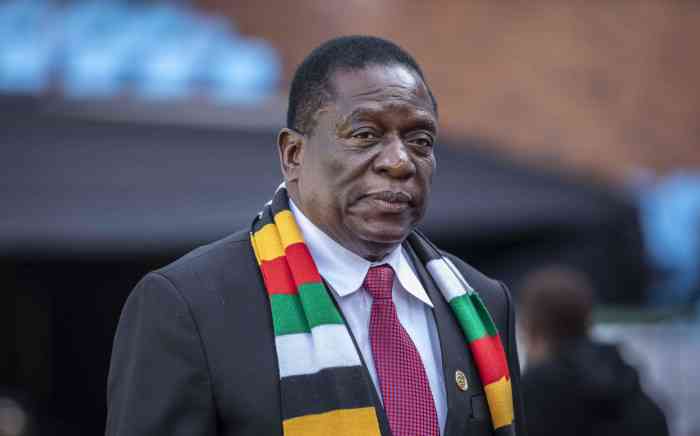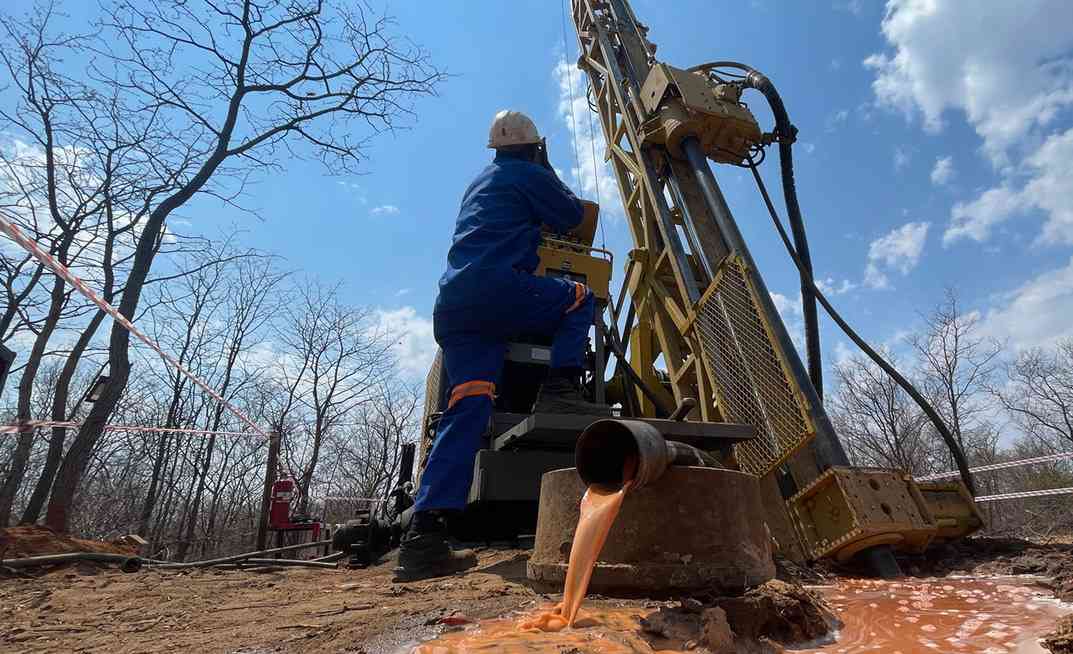
PRESIDENT Emmerson Mnangagwa’s recent proclamation of December 9 as the date for by-elections in the 15 constituencies has arguably shown that local politicking does not intend to serve the interests of commoners but the elite.
The seats fell vacant following the recent recall of Citizens Coalition for Change (CCC) legislators by self-proclaimed party secretary-general Sengezo Tshabangu.
In the realm of politics, power is the ultimate currency. Every political figure aims to amass as much of it as possible, not necessarily to serve the electorate, but to solidify their stronghold.
That is politics!
Whether Mnangagwa orchestrated the recall of 15 CCC legislators or it stems from internal rifts within the CCC, the underlying theme is the pursuit of maximal power.
If the ruling party engineered this action, it likely did so to gain complete dominance over parliament and use it as a tool to advance its political objectives.
This has nothing to do with the ordinary person in the street, who for the past years, has been told that ndimi vene venyika (you are the owners of this country), yet the real owners are the elites, who stroll the corridors of power.
If this is an internal matter for the CCC, it likely stems from perceived autocratic tendencies attributed to the party leader, Nelson Chamisa. Some believe he is leading the movement towards decline. Regardless of the root cause, the biggest losers in this situation are the people.
- Chamisa party defiant after ban
- Village Rhapsody: How Zimbabwe can improve governance
- News in depth: Partisan police force persecutes opposition, shields Zanu PF rogue elements
- Chamisa chilling death threat bishop defiant
Keep Reading
They anticipated developmental progress in their regions, but now they must re-elect new leaders. Their constitutional right to vote seems to be compromised to meet politicians’ agendas, even as they continue to endure extreme poverty and squalor.
While by-elections are entirely legal due to the death of a legislator or councillor, the manner and speed at which things have unfolded are questionable.
Parliament quickly responded to the recall letter from Tshabangu.
However, they were not as prompt when addressing a letter dated October 12 2023, penned by Tafadzwa Manyika, who alleged to be Zanu PF’s interim secretary-general, noting that 70 legislators were no longer party members.
Parliament, as an institution, should be perceived as upholding the people’s will.
Yet, when it displays partisanship, where can the people seek recourse?
As the primary legislative body, Parliament holds the responsibility of crafting, amending, and repealing laws that define the rights and obligations of its people.
By ensuring that laws are just, it indirectly protects citizens from potential excesses and abuses by state or non-state actors.
Furthermore, the parliament should act as a watchdog on the executive branch, scrutinising policies, decisions and the use of state resources.
When parliament fails to respect the separation of powers doctrine, it is the people who suffer. They may not revolt openly, giving the impression that they are content and there is peace while, in actual fact, it will be negative peace as explained by the father of peace studies, Johan Galtung.
Negative peace refers to the absence of overt violence or conflict, particularly direct and open warfare, but without necessarily resolving the underlying causes of tension or addressing social justice, inequality, and other structural problems that might exist within a society.
In other words, it is a “peace” characterised mainly by what is not happening (that is active fighting) rather than by the presence of positive conditions like justice, equality, and harmonious relations.
When the underlying structural violence issues characterised by marginalisation, injustice and inequality are allowed to flourish, they oftentimes lead to direct violence, which Zimbabwe might find itself in as long as its leaders appear to take the people for granted.
People, in some of the constituencies where by-elections are going to be held like Lupane East and Binga North, are already disgruntled by a plethora of issues and this latest development can trigger further discontentment.
Binga North is among Zimbabwe's least developed regions, with inadequate infrastructure. The area has subpar roads, while its schools and healthcare facilities are in dire condition.
Located beside the vast Zambezi River, the district is predominantly inhabited by Zimbabwe’s Tonga and Nambya minority communities. Persistent poverty plagues the area, and there is limited access to advanced education.
In 2022, approximately 18 schools in Binga reported no students passing the Ordinary level exams. Specialists criticise the government for not offering free education to these marginalised communities, seeing it as evidence of national inequality.
What these people need is a political party, an individual who can help them build proper schools for their children, facilitate access to clean, potable water as enshrined in the constitution, enable the availability of quality healthcare as well as help them fight poverty.
Unfortunately, the very same people who purport to represent them are in a turf war for power so that they enrich themselves further increasing the inequality gap and marginalising the poor, a fertile ground for violence as explained by the Relative Deprivation theory.
The theory posits that violence and aggression among marginalised individuals or groups can arise when they perceive a disparity between their current status and what they believe they are entitled to or deserve.
Rather than absolute deprivation or poverty being the main driver, it is the perceived relative difference in wealth, power, or status compared to others that fuels frustration and resentment.
This perceived injustice, especially when compounded over time, can lead to feelings of anger, hopelessness, and desperation.
As these feelings intensify, they can manifest in acts of violence, as marginalised individuals or groups may resort to aggressive means to rectify perceived inequalities or draw attention to their plight.
It underscores the importance of perceptions and comparisons in understanding social unrest and highlights that even in situations where overall living standards might be improving, if certain groups feel they are being left behind relative to others, it can be a catalyst for conflict.
At the end of the day, the people’s wishes, which they express during elections, should be respected and not tampered with for political gain.






